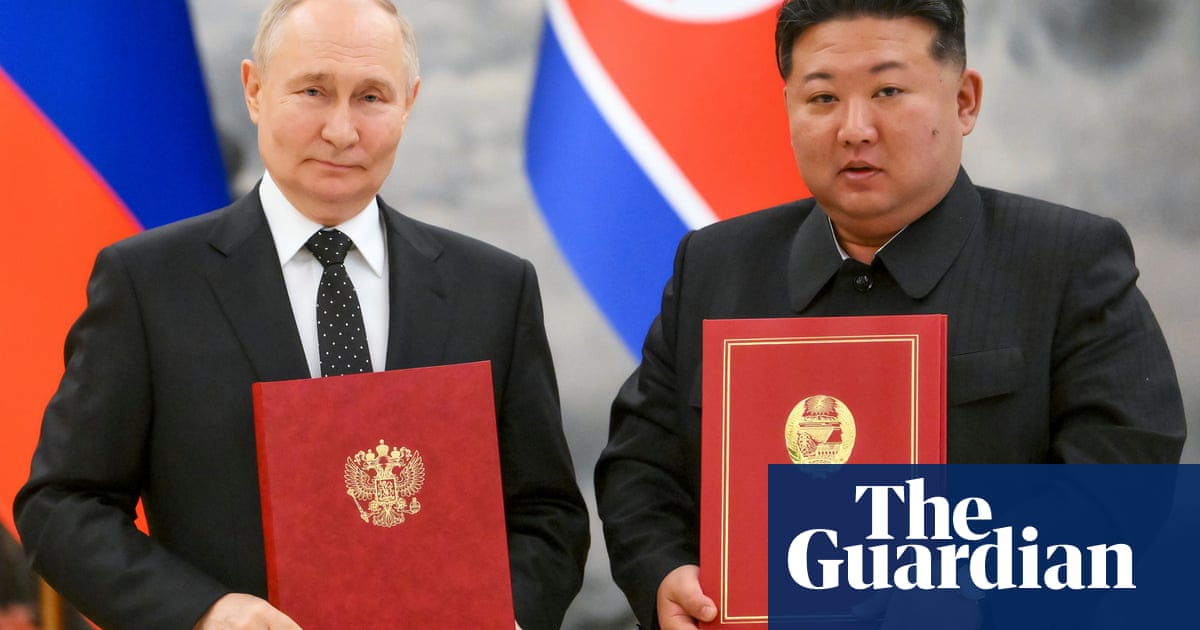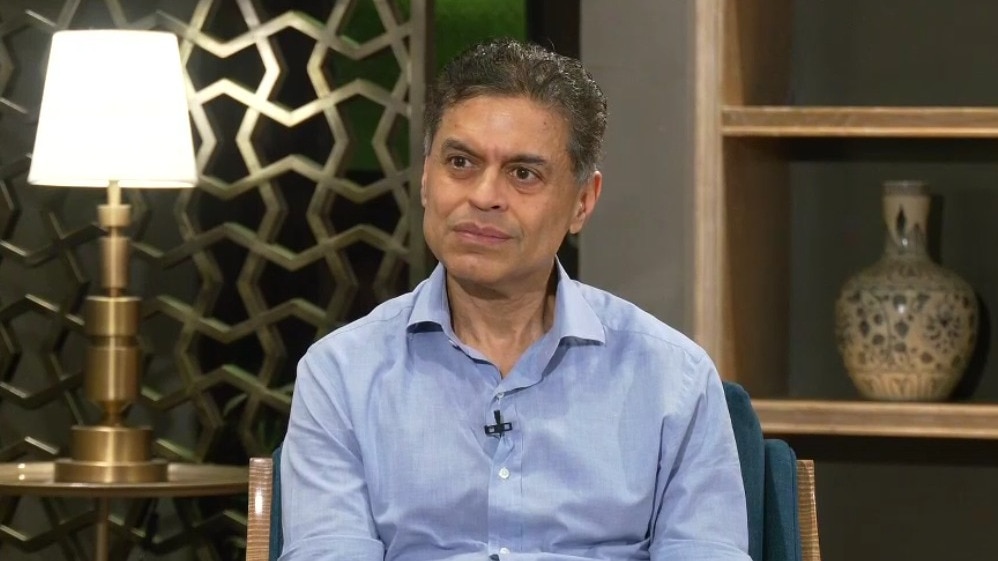Last Updated: October 19, 2024, 15:36 IST

According to the NIA’s 2011 charge sheet, Headley has been charged with conspiracy, waging war against India, murder, attempt to murder, and terrorist activities. (Archives)
According to Intelligence sources, US never cooperated with the extradition requests despite multiple attempts by India due to which the probe into the terror attack was never completed
It has been 14 years since India sought assistance from the United States for the extradition of David Coleman Headley, an American citizen of Pakistani descent and the key conspirator in the 2008 Mumbai terrorist attacks, but there has been no response so far.
According to top Intelligence sources, the government is struggling to bring Headley to India but “the cooperation is not mutual and there has been no compliance with the Indian charge sheet against him”.
The topic of extradition has hit headlines once again, with the FBI on the lookout for Vikash Yadav for his alleged involvement in the conspiracy to kill Khalistani terrorist and US citizen Gurpatwant Singh Pannun. While US has not yet sought his extradition, there are chances that it may call on India for assistance.
According to the NIA’s 2011 charge sheet, Headley has been charged with conspiracy, waging war against India, murder, attempt to murder, and terrorist activities.
The agency has alleged that Headley conducted recce of target locations in Mumbai, gave locations to Lashkar-e-Taiba (LeT) operatives, helped plan and execute the Mumbai attacks with the help of Lashkar operatives, and conducted surveillance of the Taj Mahal Hotel, Oberoi Hotel, and other targeted locations.
According to sources, Headley was sentenced to 35 years in prison in the United States but India’s efforts to extradite him were unsuccessful. “They have not even once offered to help India by handing over Headley to us. A terror attack like 26/11 was never fully investigated because Headley was not given to India.”
INDIA’S LONG WAIT
It was in 2010 that India first requested Headley’s extradition, but the US rejected it, citing the terms of his plea agreement.
India renewed its extradition request in 2011, which was again rejected by the US. In 2013, India made a fresh extradition request, emphasising that Headley’s testimony was crucial for the trial of Abu Jundal, another accused in the Mumbai attacks. The US again refused. This was repeated in 2016 when the Investigation Agency (NIA) submitted a fresh extradition request, highlighting new evidence. The US, once again, did not comply.
CHALLENGES INDIA FACES IN EXTRADITING HEADLEY
To begin with, the United States has already sentenced Headley to 35 years in prison, making it unlikely that India will be able to try him for the same crimes.
There are also limitations of the extradition treaty between US and India as it excludes “political offences” and offences punishable by death.
Apart from this, there are human rights concerns as European countries and the UK have rejected extradition requests due to concerns about human rights violations, torture, or cruel treatment.

 1 month ago
1 month ago


















